How 3 Egyptian Startups Prove ‘Fahlawa’ Is The Way To Go
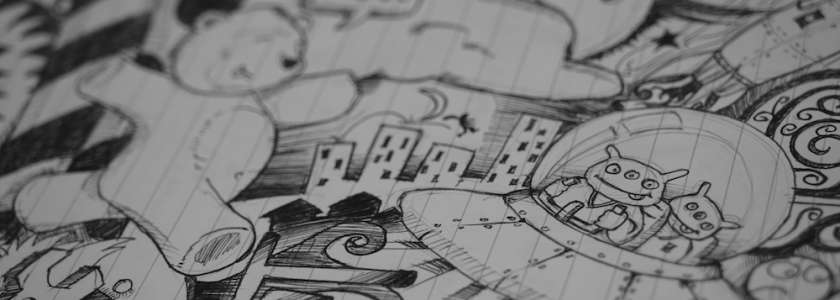
In the Egyptian language, fahlawa means sharpness, cleverness and alertness; a kind of intelligence that springs from experience rather than formal education and from interaction with people1. Fahlawa can be represented by a certain physical action. While you explain a loophole in a story, or when you explain a great idea to a friend, place your index finger at the side of your face, then simply wink and slightly lower your head.
Take this fahlawa characteristic and throw it at the entrepreneurial ecosystem. Challenge the cliché entrepreneurial traits of ‘fire in the belly’ and ‘gut instinct.’ What does fahlawa in an entrepreneur give you? It’s someone with a great idea, with strength and adaptability. A fahlawi entrepreneur is like chameleon adapting to harsh situations, never giving up and easing their way through obstacles without actually destroying them.
Typically, we think of entrepreneurship as creativity and innovation, qualities that only flourish in a functioning, open and relatively prosperous economy. Someone who probably has the time and space to think about all these different ideas and try them. However, in the case of the fahlawi entrepreneur, it is the opposite, because fahlawa consists of taking an annoyance within a suffering economy, and turning it into a business. It is not solving the problem per se, but providing a way to go around the problem, so as to avoid the inconvenience the problem causes.
Fahlawa is not concentrated in a single industry. It transcends any limitations and can occur within any business model. The following 3 startups show how you can be fahlawi in your startup.
Startup 1: Yomken.com: The Fahlawa Platform
The credits go to Yomken.com for recognizing the importance of fahlawa for Egypt’s economy and the entrepreneurial ecosystem. This is because their vision is to transform fahlawa into economic value. Yomken is not fahlawa per se, but it provides a community network to encourage this kind of witty and innovative thinking.
Yomken is a crowdfunding website in the Arab world which differentiates itself through its support for ‘market-driven’ innovation. It also provides an open platform where entrepreneurs and NGOs can post issues and problems and connect to people with creative solutions. Yomken did not address the cause of the problem, it provided an opportunity for others to go around them. That, is clear fahlawa.
Startup 2: Edfa3ly.co: The Retail Fahlawa
With the growth of e-commerce in Egypt, the trouble has always been physical shopping versus online shopping. Should I go to the store and check the quality and size or should I just conveniently buy it online and have it delivered? Edfa3ly as a fahlawa startup, decided to go around this issue and instead, promised the products you want that are only available abroad that will find their way to your home from across the globe.
Edfa3ly does not solve a major social, economic, or political problem directly. Instead of breaking an obstacle, they hinder around it. Edfa3ly will give you access to a wider range of shopping items from international brands that will be delivered to your doorstep.
Startup 3: Arkab Eih: The Transportation Fahlawa
Arkab Eih is a prime example of fahlawa within the influx of transportation apps in Egypt. We know there is a transportation problem in Egypt. Apps like Uber and Careem provide a solution: on demand transportation.
Arkab Eih does not provide a solution to the transportation crisis. Instead, it removes that little annoyance of research and unfamiliarity. Should I take the metro then microbus, and which one from where? It provides an interactive map with known stops for the notorious and complicated transportation system in Cairo. Uber and Careem were forceful in their entrance into the Egyptian market. Since they provided a solution, there was a public discussion as to whether they should continue or be kicked out and they forced competitors, such as the regular taxi drivers to up their game.
Arkab Eih is fahlawa because it will not create a public outcry, or encourage discussions about the legality of its existence (as with Uber and Careem). Fahlawa does not attract this kind of attention, it attracts interest from a wide range of users who know that the app will not solve their transportation issue, but will give them a way to ease the irritation of it.
Fahlawa Forever!
Yomken encourages us to think of fahlawa as a culture, Edfa3ly shows fahlawa as providing a completely new alternative to the current market you are playing in and Arkab Eih shows it as offering an alternative solution to a pressing problem by removing a constant nuisance.
Fahlawa is not measured. It will not make it on any indicator; not today, not tomorrow. However, Egyptians will always hold copyrights for it, for not surrendering and even making sure that little annoyances will not get in the way. Fahlawa is a mentality of no surrender. If there’s something to make your life even a little bit easier in this tough economy, why not? Put simply, fahlawa puts “thinking outside the box” to shame, and we’ve got Egyptians to thank.
Startup Reactor
Think you have a fahlawa idea or believe that you are even better and have solutions to a problem? Then we’re looking for you! Apply to Startup Reactor, a 5-month program aimed at supporting and accelerating startups in Egypt with a high potential for accelerated growth. 25 startups will qualify for Ignition (the bootcamp) and will receive mentorship and training. Then 10 startups will qualify to Plasma, where they will get the full accelerator benefits package. The top 3 startups will receive 10,000 Euros worth of cash prizes and investment opportunities from Innoventures and VC4Africa.
1 Sawsan Messiri, Ibn Al-Balad: A Concept of Egyptian Identity (1978), page 50.












































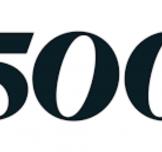




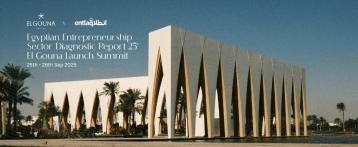
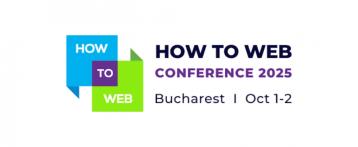


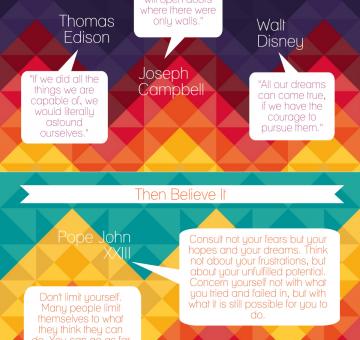
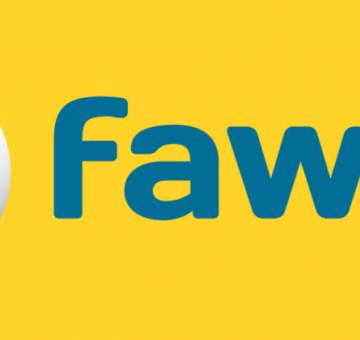

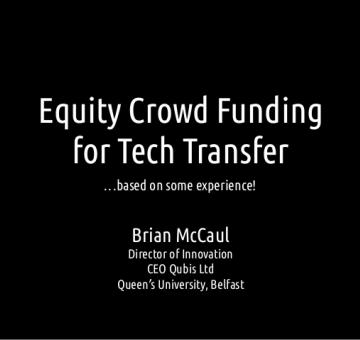



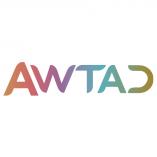




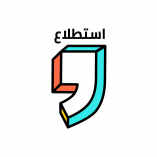

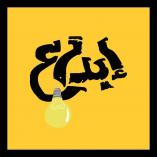

EgyptInnovate site is not responsible for the content of the comments